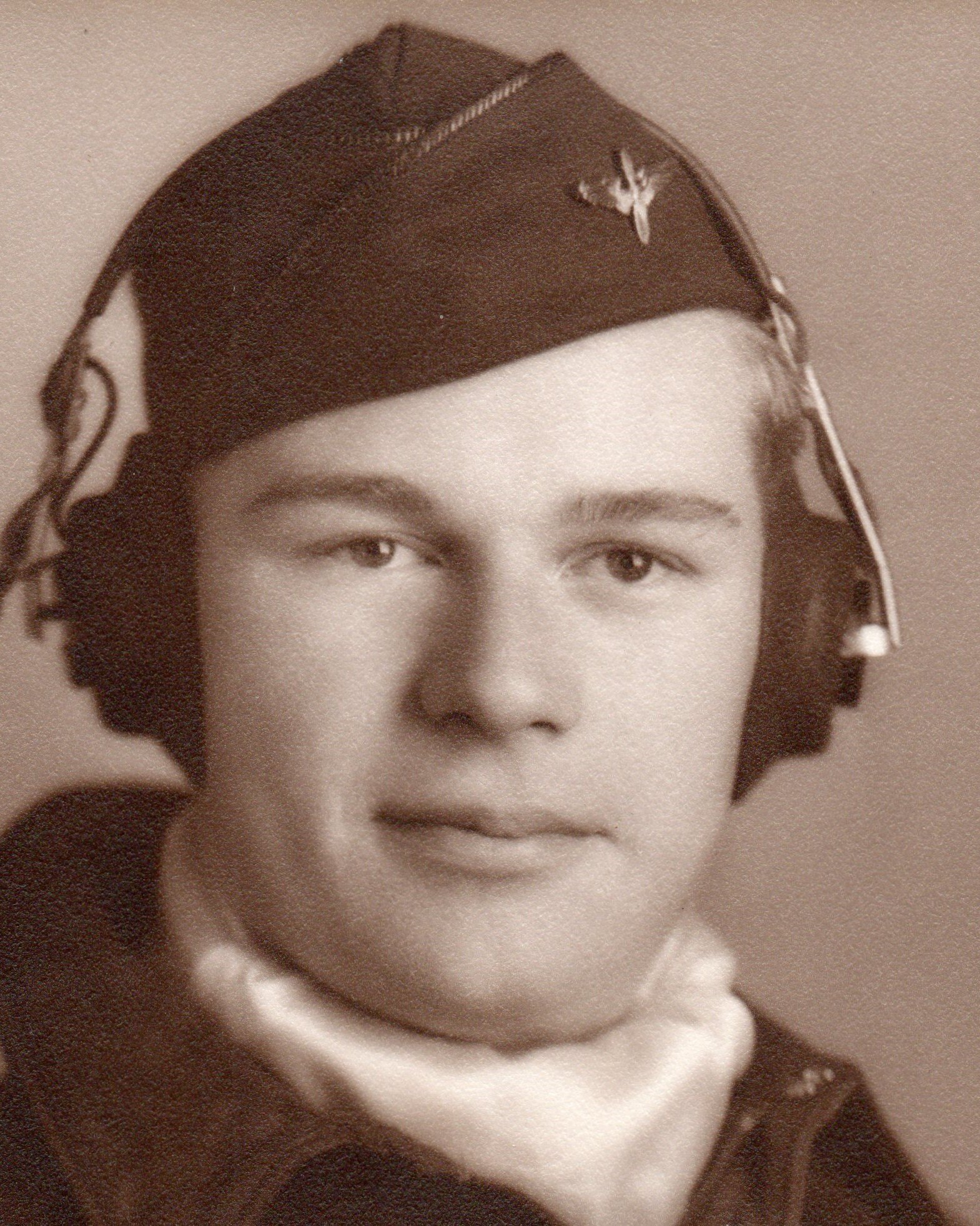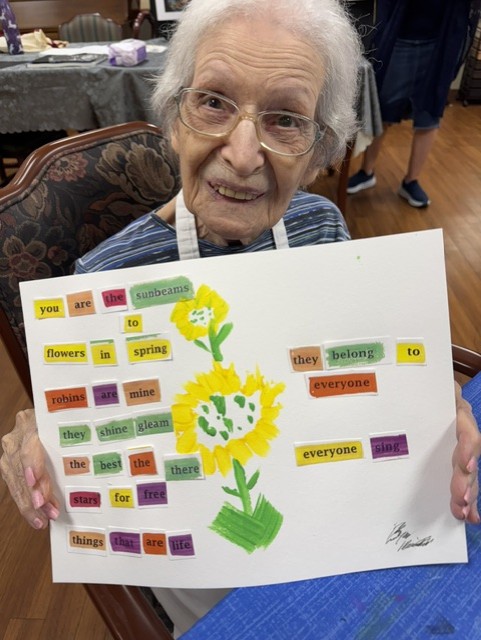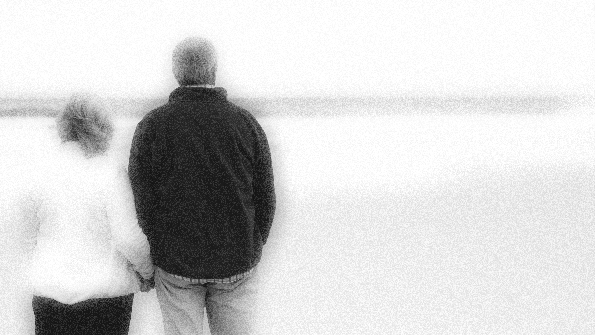I learned about Memorial Day when I was very young. It was always a part of our family as my mother’s brother—Uncle George as we referred to him—died while serving in the Army Air Corps during World War II.
He was a pilot who flew “the Hump”, flying over the Himalayas from India to China to supply the Allied forces fighting the Japanese. This route was the first sustained, long-range, all-weather military aerial supply line in history. The Hump was considered the most dangerous route ever assigned to air transport, and the pilots earned the nickname “The Hump” for their daring flights through treacherous terrain. Between April 8, 1942 and November 1945, 594 aircraft were lost, missing, or written off, and 1,659 personnel were killed or missing. My Uncle George was one of those 1,659.
Flying the Hump meant taking off 100 feet above sea level in India and climbing at a drastic rate of 300 feet per minute until they reached 18,000 feet to make their way over the Himalayan Mountains. The descent into the mountains of China at roughly 6,000 feet completed the route. Turbulence from 100-mile-per-hour winds, monsoons, dust storms, or Himalayan blizzards could be disastrous for a crew.
One Fateful Day
Uncle George normally piloted C-47s but on this particular day, was assigned as co-pilot on a C-46, known by pilots as the “flying coffin”. The plane encountered trouble and all aboard were ordered to evacuate the plane. The family story is that he always said he would rather try to land a plane rather than leave it to crash. Unfortunately, he was not the primary pilot so it was not his decision to make. Something went terribly wrong and the family was told his parachute failed to open and it was assumed that he died on May 26, 1945, since his body was not found.
While the family received a telegram informing them of his death, his body would not be found until four years later when a missionary in China discovered the body and it was returned to the states. The family could finally grieve his passing.
An Ongoing Impact
But the impact on the family would continue. Every year we would remember Uncle George by wearing red crepe paper poppies sold by the American Legion on Memorial Day. The town’s Memorial Day gathering took place very near Uncle George’s burial plot since it was right next to the flagpole in the cemetery.
My mother always felt a sense of insecurity because, as she would say, her brother was so much smarter than she. And as is true for many families experiencing the death of a child or sibling at a relatively young age, he was remembered as having few if any faults. My mother’s life was forever changed on the day he died as she felt like she needed to move away from Cleveland and return back to the small town where she grew up to be with her parents.
My mom also said she always wanted to learn to fly but couldn’t do it because it would be too worrisome for her parents. Despite that, aviation continued to be a fascination for our entire family. My brother hoped to fly in the Air Force until he learned his eyes were simply too bad. I never learned to fly but took enough aviation courses in college to get a minor in aviation. And today, my cousin’s son flies helicopters in the Navy.
And so, on this Memorial Day as we remember those men and women who have died while serving our country, I remember my Uncle George but I also think about all the families who have experienced the death of a child while serving in our military.
Remembering Gold Star Families
We talk about those who made the ultimate sacrifice, but I also remember the gold star families—the mothers, fathers, siblings, grandparents—and even those of following generations who continue to feel the impact.
And while Memorial Day is specifically to honor those who died, I believe it should also be a time for honoring those whose lives were forever changed because of their service. They are the ones whose dreams often died as they dealt with hospital stays, rehabilitation, the loss of limbs, and traumatic brain and other injuries. Today, I also say a prayer of hope and blessing for the families who support their loved ones through the pain and suffering involved in trying to make a new life.
Franklin D. Roosevelt said, “Those who have long enjoyed such privileges as we enjoy forget in time that people have died to win them.” (My apologies to FDR for changing one word in his quote from men to people.) And I do forget and that makes me sad. One year, my pastor gave each congregant a little green army man toy to help us remember to keep our service people in our prayers. I need to find it to help me remember. And since remembering is the easy part, I also want to commit to an act of service to support the men and women who have volunteered to serve in our military.
With overflowing gratitude to all those who have given their lives, limbs, and dreams to protect our freedoms.
For Reflection (either individually or with a group)
Read the blog. Read it a second time, maybe reading it aloud or asking someone else to read it aloud so you can hear it with different intonation and emphases. Invite the Divine to open your heart to allow the light of new understanding to pierce the shadows of embedded assumptions, stereotypes, and ways of thinking so that you may live more abundantly. Then spend some time with the following questions together with anything or anyone who helps you reflect more deeply.
- What do you think about on Memorial Day?
- Do you do anything special to remember those who lost their lives while serving in the military?
- What could you do to give back to military veterans or their families?
Download a pdf including the Reflection Questions to share and discuss with friends, family, or members of your faith community small group.
View all articles by:






















